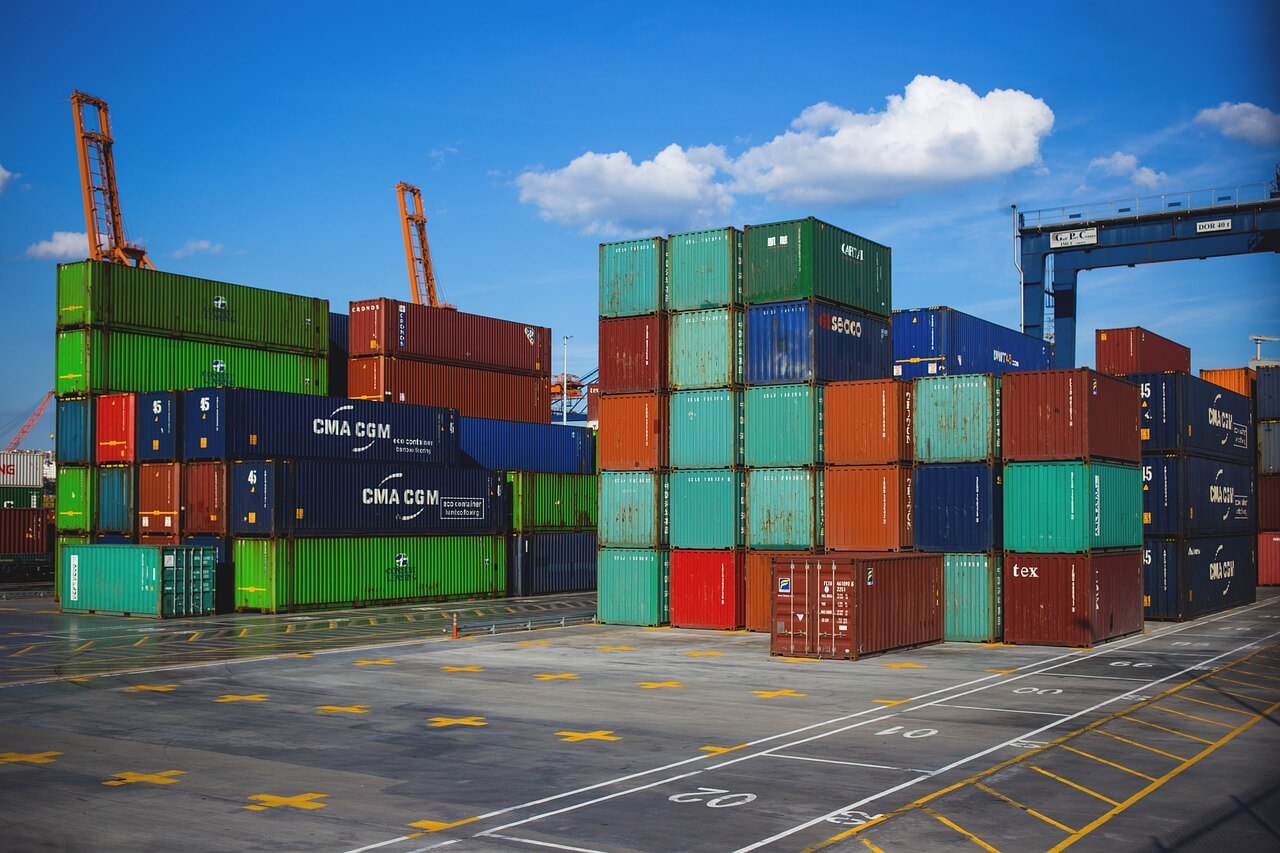
30
Apr
How to do food transportation and customs clearance in Saudi Arabia?
Food Transportation and Customs Clearance in Saudi Arabia
Saudi Arabia is a key destination for food imports and exports, with strict regulations and procedures that must be followed for successful transportation and customs clearance. Here's an overview of how food transportation and customs clearance are conducted in Saudi Arabia.
1. Transportation:
Saudi Arabia has a well-developed transportation infrastructure, including roads, railways, and air routes, which facilitate the movement of food products. For road transportation, companies need to ensure that their vehicles meet the required safety standards and are equipped to handle the specific food products being transported. Airlines and shipping companies also offer services for the transportation of food products to Saudi Arabia.
2. Customs Clearance:
The customs clearance process in Saudi Arabia involves several steps that must be followed to ensure compliance with the country's regulations.
a. Documentation: Prepare all necessary documents, including invoices, packing lists, certificates of origin, health certificates, and any other required documents, to facilitate customs clearance.
b. Pre-Arrival Notification: Notify the authorities in advance about the arrival of food products through the electronic system provided by the customs department.
c. Inspection: Upon arrival, food products will be inspected by customs officials to ensure compliance with health and safety standards.
d. Duty Payment: Pay the applicable customs duties and taxes on the food products.
e. Clearance Certificate: Once the products have been cleared by customs, a clearance certificate will be issued, allowing the products to be released for distribution.
3. Regulatory Compliance:
It is crucial to ensure that all food products imported into Saudi Arabia comply with the country's regulations and standards. Importers should be familiar with the regulations related to food safety, labeling, and other requirements to avoid any delays or penalties during customs clearance.
4. Local Distribution:
After customs clearance, food products can be distributed throughout Saudi Arabia through various channels, including wholesale markets, supermarkets, and online platforms. It is important to have a good understanding of the local market and distribution channels to ensure effective distribution of food products.
In conclusion, food transportation and customs clearance in Saudi Arabia require careful planning and adherence to regulatory requirements. Importers should work closely with logistics providers and customs brokers to ensure a smooth and efficient process.
Saudi Arabia is a key destination for food imports and exports, with strict regulations and procedures that must be followed for successful transportation and customs clearance. Here's an overview of how food transportation and customs clearance are conducted in Saudi Arabia.
1. Transportation:
Saudi Arabia has a well-developed transportation infrastructure, including roads, railways, and air routes, which facilitate the movement of food products. For road transportation, companies need to ensure that their vehicles meet the required safety standards and are equipped to handle the specific food products being transported. Airlines and shipping companies also offer services for the transportation of food products to Saudi Arabia.
2. Customs Clearance:
The customs clearance process in Saudi Arabia involves several steps that must be followed to ensure compliance with the country's regulations.
a. Documentation: Prepare all necessary documents, including invoices, packing lists, certificates of origin, health certificates, and any other required documents, to facilitate customs clearance.
b. Pre-Arrival Notification: Notify the authorities in advance about the arrival of food products through the electronic system provided by the customs department.
c. Inspection: Upon arrival, food products will be inspected by customs officials to ensure compliance with health and safety standards.
d. Duty Payment: Pay the applicable customs duties and taxes on the food products.
e. Clearance Certificate: Once the products have been cleared by customs, a clearance certificate will be issued, allowing the products to be released for distribution.
3. Regulatory Compliance:
It is crucial to ensure that all food products imported into Saudi Arabia comply with the country's regulations and standards. Importers should be familiar with the regulations related to food safety, labeling, and other requirements to avoid any delays or penalties during customs clearance.
4. Local Distribution:
After customs clearance, food products can be distributed throughout Saudi Arabia through various channels, including wholesale markets, supermarkets, and online platforms. It is important to have a good understanding of the local market and distribution channels to ensure effective distribution of food products.
In conclusion, food transportation and customs clearance in Saudi Arabia require careful planning and adherence to regulatory requirements. Importers should work closely with logistics providers and customs brokers to ensure a smooth and efficient process.
LEAVE YOUR COMMENT
categories
recentpost
-
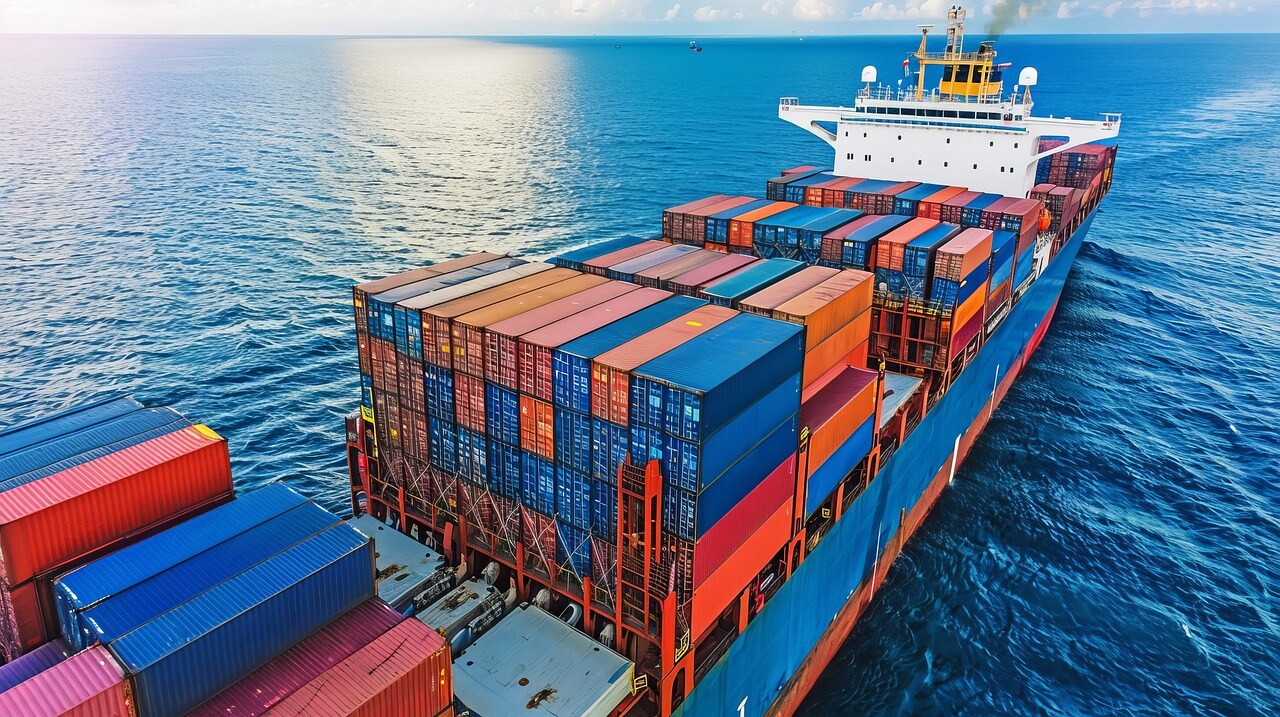 How can freight forwarders achieve efficient logistics and shipping from China to Tanzania?Apr 30,2025
How can freight forwarders achieve efficient logistics and shipping from China to Tanzania?Apr 30,2025 -
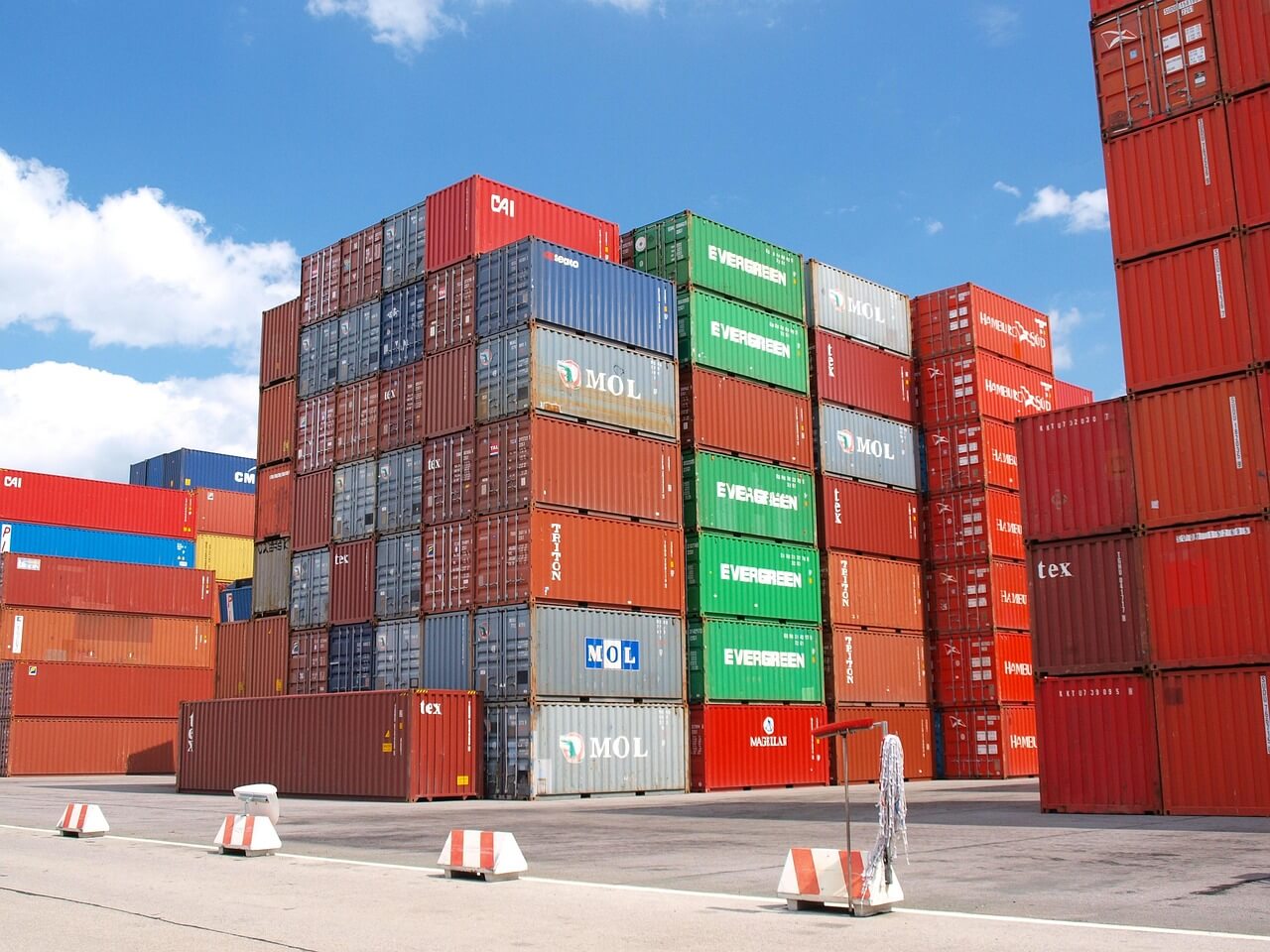 What are the guarantee measures for transportation and transaction services from China to the UnitedApr 30,2025
What are the guarantee measures for transportation and transaction services from China to the UnitedApr 30,2025 -
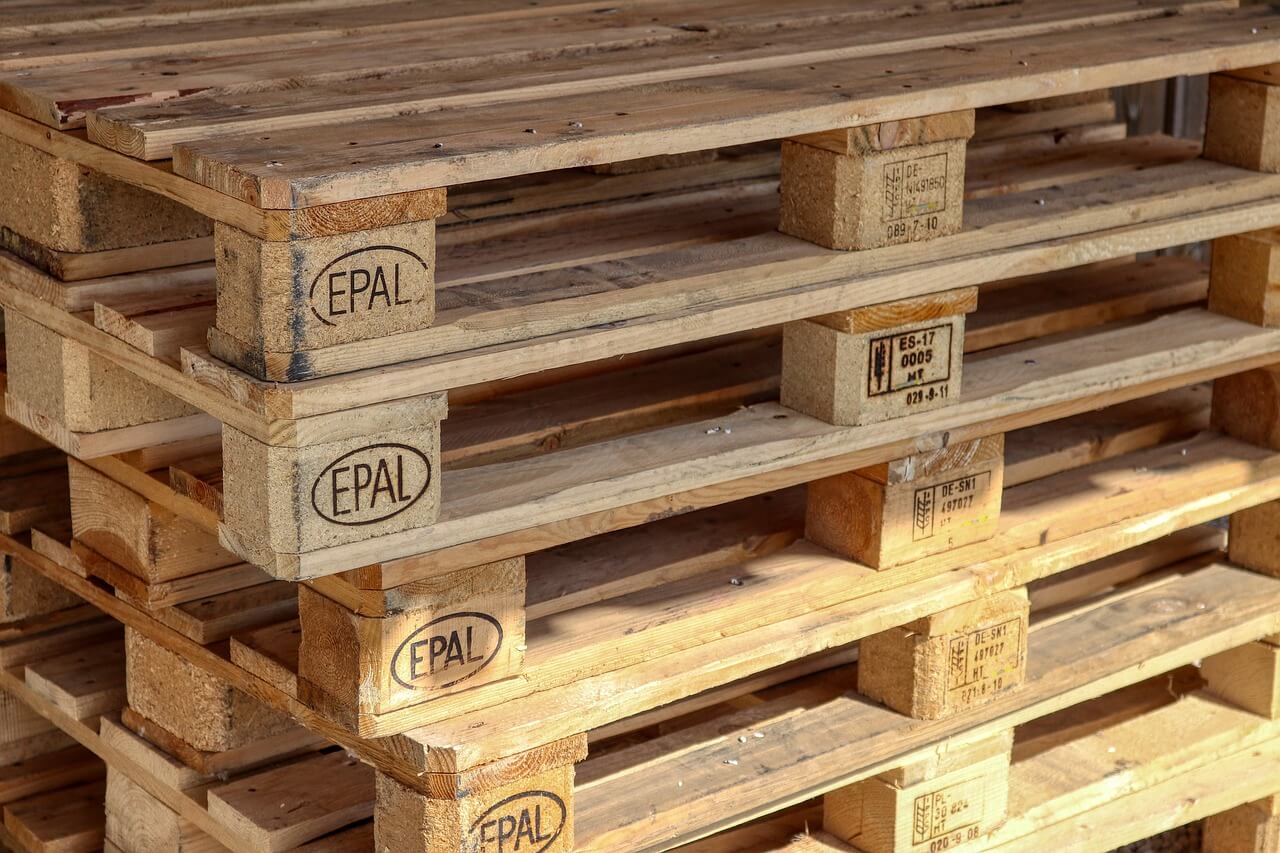 How is the international freight delivery service for transporting goods to Saudi Arabia?Apr 30,2025
How is the international freight delivery service for transporting goods to Saudi Arabia?Apr 30,2025 -
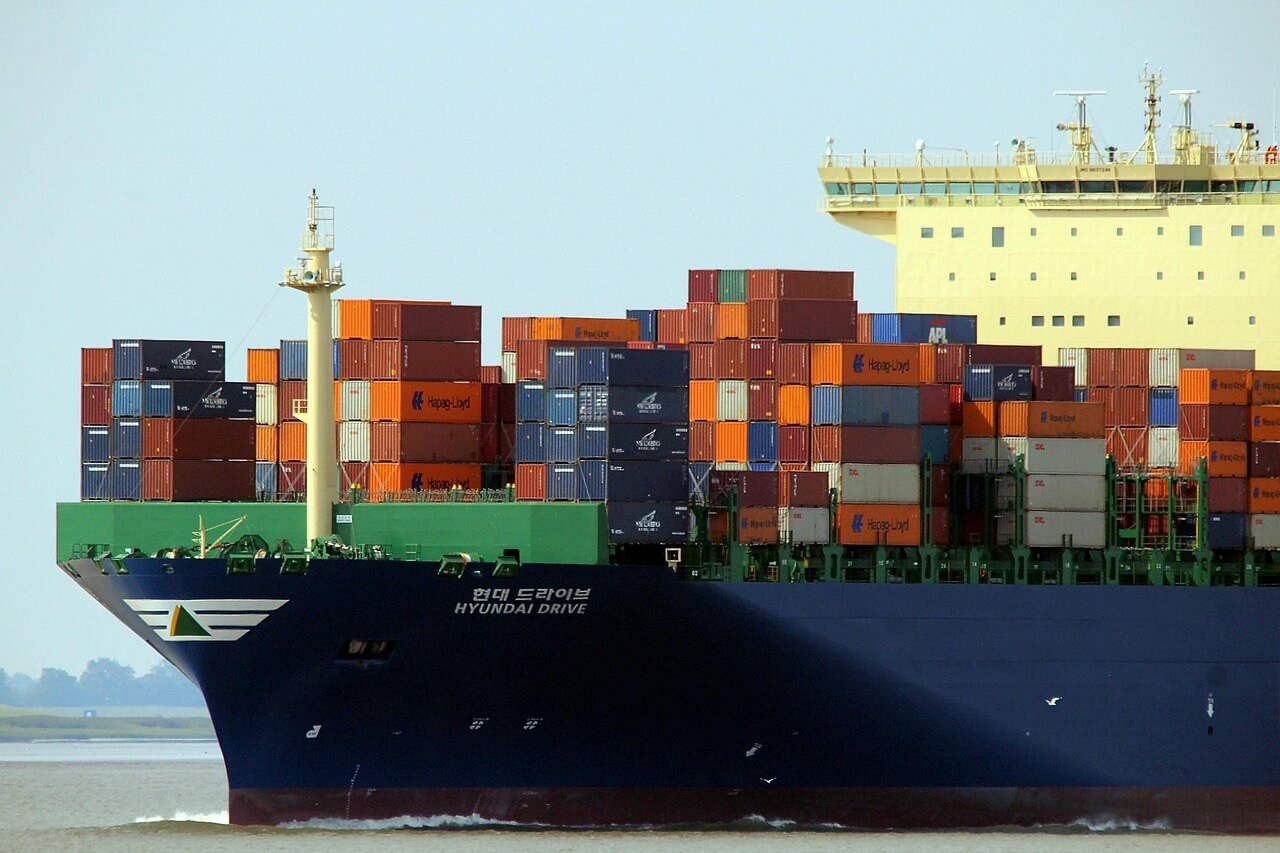 What is the delivery time for international freight from China to Kenya?Apr 30,2025
What is the delivery time for international freight from China to Kenya?Apr 30,2025 -
 What is the customs clearance process for global land transportation from China to the United Arab EApr 30,2025
What is the customs clearance process for global land transportation from China to the United Arab EApr 30,2025 -
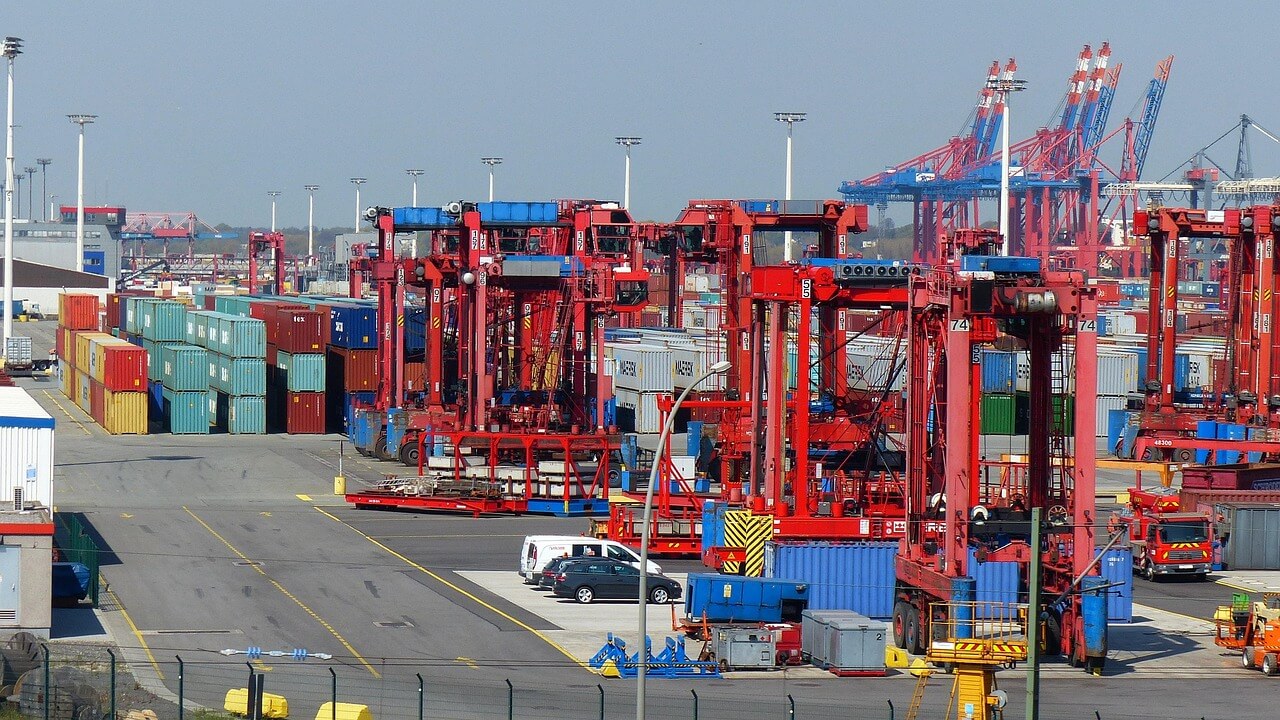 Shipping Guide from China to Qatar: How to Calculate LCL Shipping Cost?Apr 30,2025
Shipping Guide from China to Qatar: How to Calculate LCL Shipping Cost?Apr 30,2025

